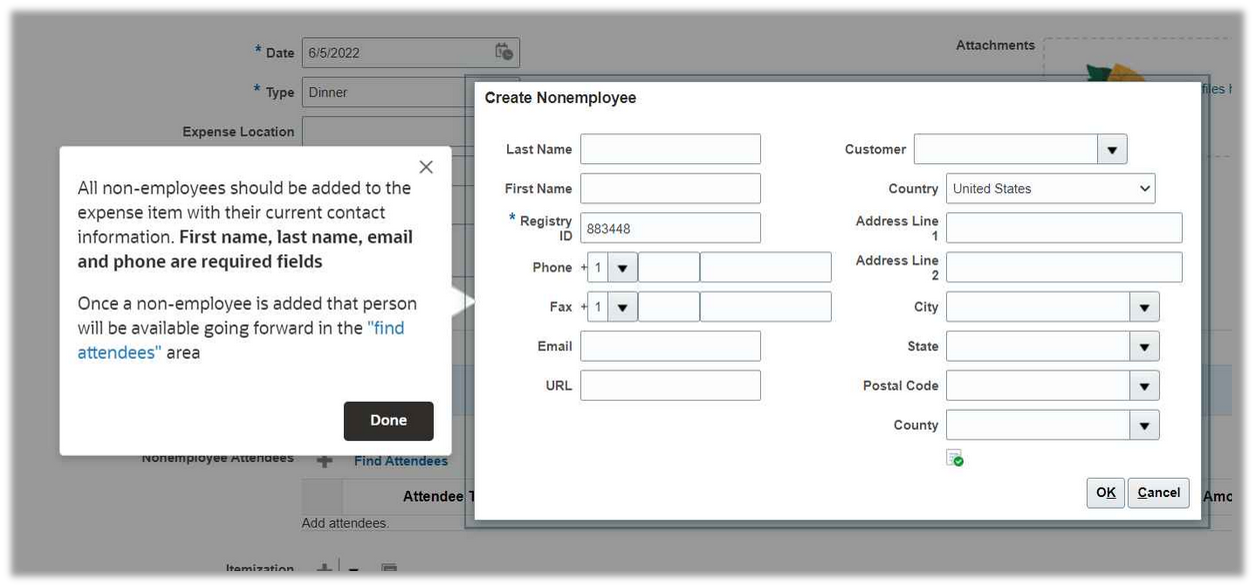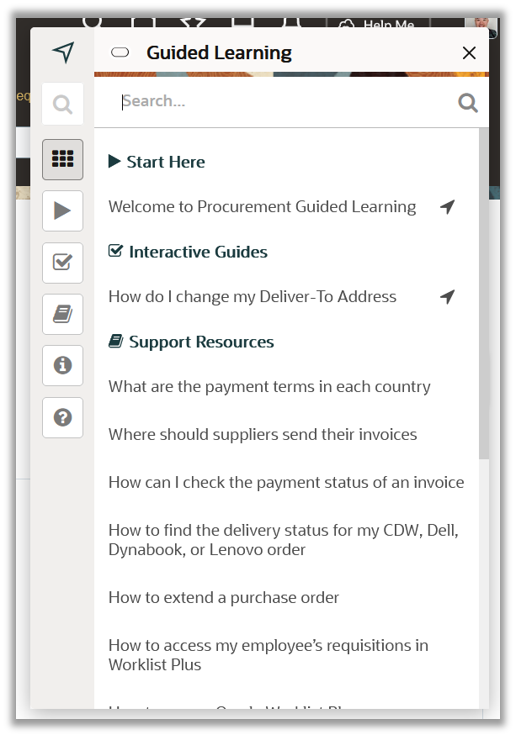A recent study of Oracle users conducted by IDC found that 80% of errors reported to the application help desk were caused by user error. Another study from Gartner found that 47% of users experienced high digital friction a few times per week even after being initially trained.*
The meteoric rise of self-service support… and its challenges
The trend toward self-service support has increased dramatically with the push toward digital transformation in every facet of business. Users are asked to take ownership of more technology-based activity as part of their core work design, as well as own the process for seeking help to navigate the experience. But with this evolution comes a few challenges:
Mobilizing resources to create support content – In recognition of the change associated with a self-service initiative, many organizations pour hours into creating user assistance content, maintaining repositories to house this content, and allocate resources to keep this material up-to-date. For anyone responsible for providing end-user assistance, it can be hard to predict the support resources needed to ensure users are adequately equipped for any significant business or product change.
New projects in danger of being paused in favour of maintenance work – Often, the ubiquitous, unexpected, and unforeseen drives an increase in training, content production (such as job aids), and other user support. This, in turn, diverts time and budget away from ongoing forward-looking priorities, leaving organizations in a state of constantly maintaining existing assets rather than envisioning the future. The opposite can also be true, where organizations continually focus on the next urgent transformation initiative, and diverting resources away from realizing the business benefits of the prior investment.
Fragmented support resources – A third challenge has to do with the need to improve access to distributed resources, often consolidating self-service support content from different repositories – a practice that becomes more pressing with the proliferation of platforms and evolution of technologies and support methodologies.
Equipping your teams with a unified approach to support
A new approach to customer service is emerging: combining self-service support with on-the-go training and traditional customer support.
Unifying these three aspects of customer service manifests in a simplified “experience” layer that acts as a searchable aggregator of resources offering up contextualized user assistance and relevant training resources exactly when the user needs it. In other words – a digital adoption platform.
Oracle’s digital adoption platform is Oracle Guided Learning.
Unleashing the power of self-service support with Oracle Guided Learning
Based on Oracle’s powerful database search capabilities, Oracle Guided Learning (OGL) consolidates support resources so that no matter where in your system the content resides – users can access it through the OGL widget via a simple auto-complete search.
From the support team’s perspective – no additional work is added.

A guide to HCM expense reporting 
Here is how OGL can reduce user support tickets:
- Proactively troubleshoot data-entry errors that are driving tickets by applying real-time support popups (Smart Tips) as the user clicks on the process step
- Encourage users to use self-service support when they need it by clicking a singular help icon (the OGL Widget), and either take a guided tour of the process or by leveraging other help resources provided by your business.
- Help users organize sequential application onboarding tasks by aggregating the presentation of recommended training content and actions through task lists
- Improve responsiveness to emerging issues by soliciting real-time in-context feedback from users by delivering surveys in-application, leveraging OGL’s out-of-the box business intelligence to gather rapid insights for targeted solutions
Customers using OGL saw a dramatic change in support patterns
Oracle Guided Learning is effective. According to IDC, Oracle customers saw an average 63% decrease in the amount of support tickets and in the case of Oracle’s Talent Center of Management saved 50% of time spent on creating support content.
Another customer in the study noted:
“Our HR help desk has seen tremendous improvement. We used to get 2,500 tickets a week. That has been reduced by 300–500 per week.”
Are you an Oracle SaaS customer (ERP, HCM, CX, Procurement Cloud)? You can now leverage Oracle Guided Learning immediately: request your account today. If in doubt, please contact your Oracle Application CSM for more help.


